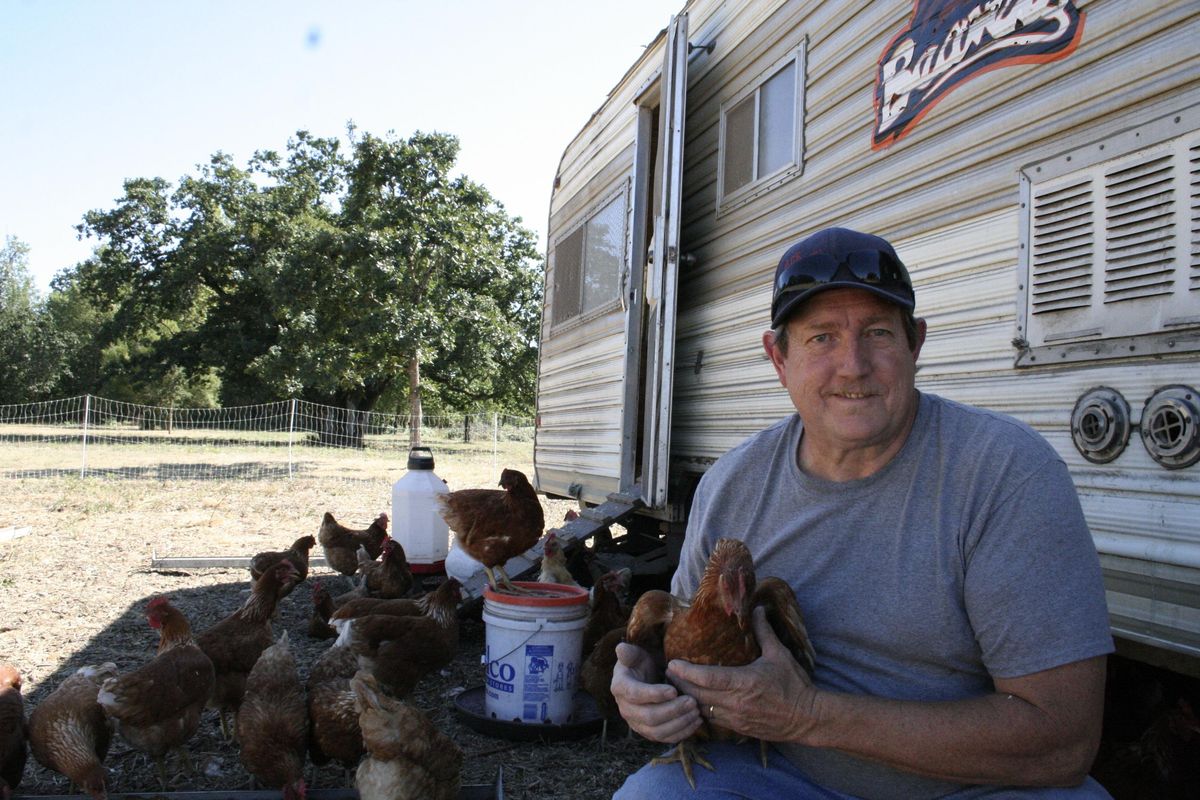Oregon egg handler numbers surge

SALEM, Ore. – Farmer Kevin Hobbs realized that inducing consumers to drive out to his property near Turner, Oregon, just to buy eggs would be a tough sell.
Agritourism operations usually offer numerous other products and attractions, so Hobbs decided to find a retail establishment to buy his eggs.
To do so, however, he needed an egg handler’s license from the Oregon Department of Agriculture.
Obtaining the license involves fees and regulations, but Hobbs said the process paid off when he found a retail buyer in Portland.
“They’re taking everything we produce,” Hobbs said. “We can’t produce enough pastured eggs.”
Other egg producers across Oregon are taking a similar approach as Hobbs, reported the Capital Press.
Between 2005 and 2015, the number of licensed egg handlers in Oregon more than doubled, from 81 to 189, according to ODA records.
Though growers don’t need a license to sell eggs directly from a farm stand or at a farmers’ market, many want to be able to supply grocery stores and restaurants, said Carl Buchholz, who raises eggs near Mount Angel.
“You see a lot of restaurants where a selling point for them is they buy local,” he said.
Buchholz said he obtained his license to sell to the Bon Appetit Management Company, which provides food service to corporations and institutions, as well as a food retailer in Portland.
The license also allowed him to sell eggs on behalf of a neighbor who also raises chickens on pasture. Several other producers wanted to supply Buchholz with eggs, but he was concerned with maintaining consistency and quality control.
“When you’re selling at a higher price point, people are picky, and rightly so,” he said.
Though he’s now taken a full-time job and sells eggs directly to the public, Buchholz has elected not to let his handler’s license lapse, in part because ODA’s $25 annual fee and other requirements are reasonable.
“I was really impressed,” he said of working with the agency.
Licensed handlers can sell eggs produced by other farmers as long as the product undergoes the same grading, sanitation and packaging procedures, said Sarah Schwab, operations and automations specialist with ODA’s food safety program.
For example, eggs must be free of dirt, cracks and similar defects, and they must be held up to a candling light to inspect the air cell – which indicates freshness – and to ensure they contain no internal blood spots or signs of bacterial infection, she said.
Packages must also be labeled with the handler’s permit number to allow for traceability, Schwab said.
Large producers are inspected by ODA quarterly, while smaller ones are inspected every other year, she said. The agency also inspects eggs at the retail level to check that handlers are complying with regulations.
In some cases, farmers’ markets are requiring that egg producers obtain licenses, even though it’s not mandated by law, she said.
“They want to ensure someone is overseeing their process,” Schwab said.
Demand for local eggs among grocery stores and restaurants is strong despite competition among the growing number of egg handlers, particularly for eggs raised on pasture, said Buchholz.
Apart from the marketing angle, Buchholz said he’s been able to save money on feed by allowing his chickens to forage freely.
Hobbs, who started raising chickens last year, plans to increase his flock from 250 to 1,000 birds and invest in mechanized equipment for washing and grading.
Maintaining the egg handler’s license involves additional steps for his operation, but the expanded marketing opportunities it offers are valuable, he said. “It’s worth it.”